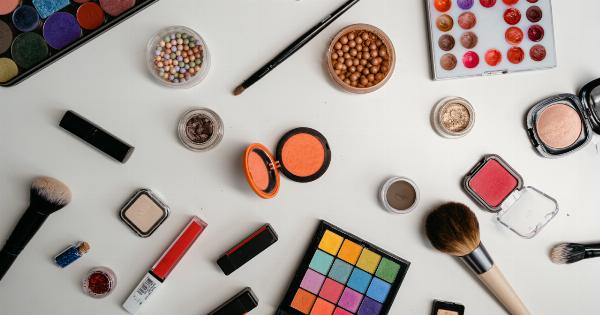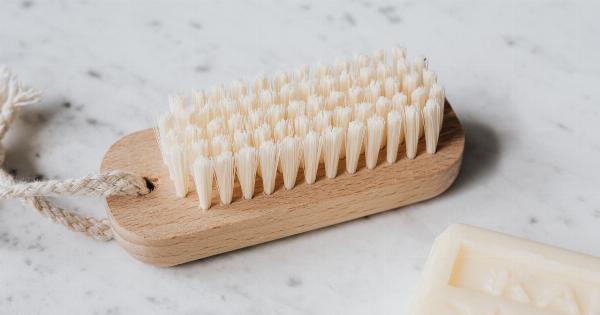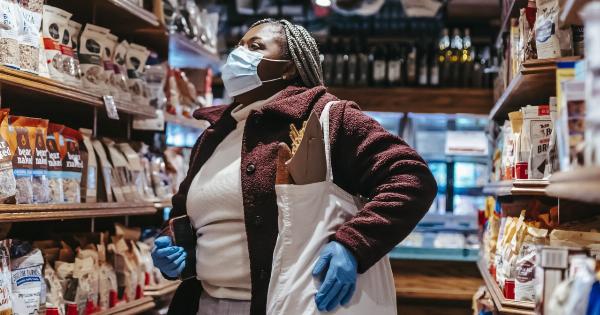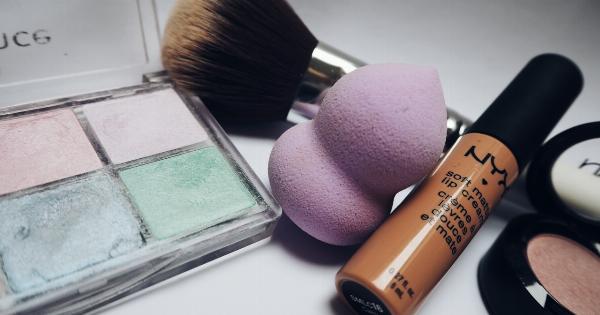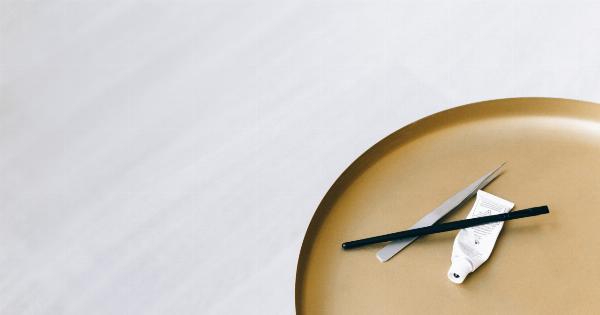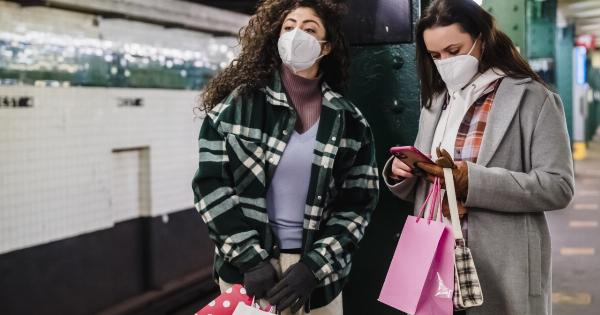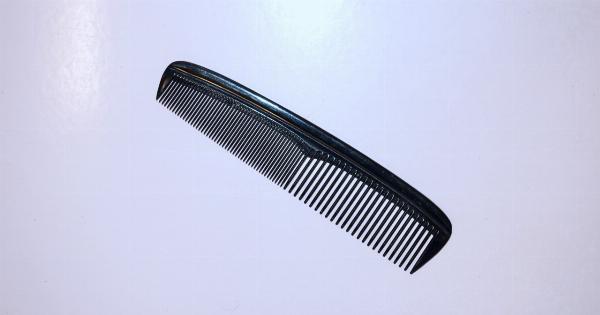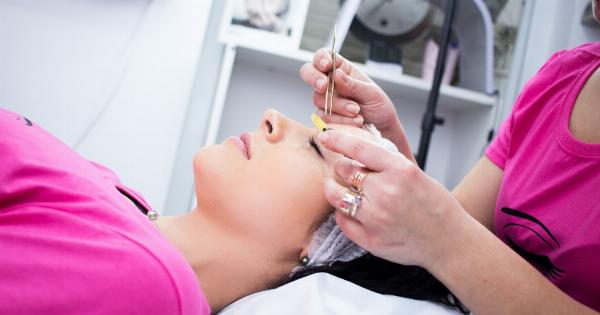Streptococcus is a type of bacteria that’s commonly found in the human body. Many strains of streptococcus are harmless and can even be beneficial, but some strains can lead to infections that range from mild to severe.
While most people associate streptococcus with infections of the throat and skin, the bacteria can actually lurk in some surprising places. Here are some of the surprising places where streptococcus can lurk.
Kitchen sponges
Kitchen sponges might be one of the most overlooked sources of bacteria in the home. Researchers have found that kitchen sponges are a hotbed for bacteria such as streptococcus.
In fact, a study published in the journal Scientific Reports found that kitchen sponges can harbor more than 5.5 trillion bacteria per cubic centimeter. To minimize your exposure to streptococcus and other bacteria that can lurk in kitchen sponges, it’s important to replace them often and keep them as dry as possible between uses.
Toothbrushes
Our toothbrushes are our daily tools for maintaining oral health, but they can also be a breeding ground for bacteria. Streptococcus can easily find its way onto toothbrushes, especially if you’ve been sick with an infection caused by the bacteria.
To reduce the risk of spreading streptococcus, it’s important to replace your toothbrush often and to store it in a clean, dry place between uses. You should also avoid sharing your toothbrush with others, as this can increase your risk of getting a streptococcus infection.
Gym equipment
Going to the gym is great for your physical health, but it can also expose you to bacteria such as streptococcus.
Gym equipment that’s shared by multiple people, such as weight machines, exercise mats, and yoga blocks, can all harbor bacteria that can cause infections. To minimize your risk of getting a streptococcus infection from gym equipment, be sure to wipe down the equipment before and after use with an antibacterial wipe, and consider bringing your own mat or towel to use during workouts.
Makeup brushes
If you’re a makeup lover, you’ve probably invested in a set of brushes to apply your products. However, these brushes can also harbor bacteria such as streptococcus.
Makeup brushes can easily transfer bacteria from your skin to the brush and back, especially if you don’t clean them regularly. To minimize your risk of getting a streptococcus infection from makeup brushes, be sure to clean your brushes often, preferably after every use, and to replace them every few months.
Mobile phones and tablets
Mobile phones and tablets are essential items that we use every day, but they can also harbor bacteria such as streptococcus. In fact, a study published in the journal Germs found that mobile phones can carry more bacteria than a public restroom.
To minimize your exposure to streptococcus and other bacteria that can lurk on your phone or tablet, be sure to clean your device regularly with an antibacterial wipe and avoid sharing your device with others.
Pets
Pets are beloved members of many households, but they can also carry bacteria such as streptococcus. Animals such as cats and dogs can carry streptococcus in their mouths, which they can then transfer to humans through licking or biting.
To minimize your risk of getting a streptococcus infection from your pet, be sure to wash your hands after handling your pet, avoid kissing or hugging your pet near the mouth, and keep your pet’s toys and food bowls clean.
Cutting boards
Cutting boards are an essential part of any kitchen, but they can also harbor bacteria such as streptococcus.
If you use a cutting board to prepare raw meat or poultry, the bacteria can easily transfer to the board and then to other foods that you prepare on the board. To minimize your exposure to streptococcus and other bacteria that can lurk on cutting boards, be sure to use separate cutting boards for raw meats and other foods, and to clean your cutting boards thoroughly with hot, soapy water after each use.
Towels
Towels are an important item that we use every day, but they can also harbor bacteria such as streptococcus. Towels can easily transfer bacteria from one person to another, especially if they’re shared by multiple people in a household.
To minimize your exposure to streptococcus and other bacteria that can lurk on towels, be sure to wash your towels often, preferably in hot water, and avoid sharing your towel with others.
Drinking glasses
Drinking glasses are essential items that we use every day, but they can also harbor bacteria such as streptococcus. If you share glasses with others, you’re at an increased risk of getting a streptococcus infection.
To minimize your exposure to streptococcus and other bacteria that can lurk on drinking glasses, be sure to use separate glasses for each person in your household, and to wash your glasses thoroughly with hot, soapy water after each use.
Showerheads
Showerheads are an essential part of any bathroom, but they can also harbor bacteria such as streptococcus. The warm, moist environment inside a showerhead is the perfect breeding ground for bacteria to thrive.
To minimize your exposure to streptococcus and other bacteria that can lurk in showerheads, be sure to clean your showerhead regularly with an antibacterial solution and run hot water through your showerhead for at least five minutes each week to clear out any bacteria that might be lurking inside.











